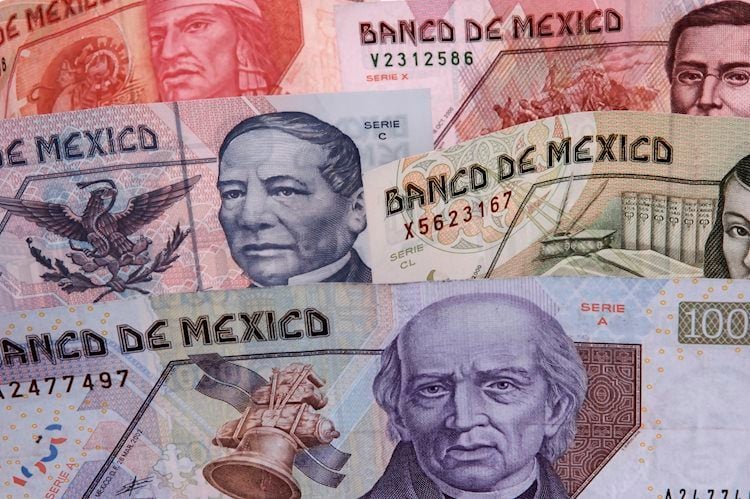By Tasos Dasopoulos
The OECD appears pessimistic about the growth of Greece in its report on the prospects of its member states (World Economic Outlook) forecasting growth of 2.8% for this year and 2.5% in 2023 due to high inflation and rising interest rates from ΕΚΤ.
In the part of the report that examines Greece, the OECD notes the increase in inflation to a historic high of 25 years mainly due to the continuous appreciation of fuel prices. gas) reaching 30% of needs. This has been reflected in the real economy with the increase in the price of electricity by 79% based on the April data.
Based on these data, the Agency estimates that after the strong growth of 8.3% in 2021, growth will slow down for this year to 2.8% and 2.5% in 2023. Explaining the forecast for next year, he emphasizes that Prices will continue to be high due to the embargo on Russian oil from across the EU, while the change in monetary policy by the ECB will create a problem in the recovery of the Greek economy.
However, it acknowledges that this year and next year, net inflows from the Recovery and Sustainability Fund, which will reach 1.6% of GDP on an annual basis, will play a positive role in growth, as well as maintaining growth momentum in exports and investments. by 16.5% for this year and 5.8% for 2023. He also estimates that investments will increase by 9% for this year and by 12.4% in 2023.
He also admits that due to unaccounted for revenues from indirect taxes it will be possible for Greece to return to primary surpluses from 2023.
Support measures
The OECD notes that state support to businesses and households will continue in 2022, stressing that the Government has announced – and partially implemented – only for this year support measures amounting to 5.6 billion euros (2.7% of GDP) , which will be financed in part by the revenue from the pollution rights. He notes that in addition to the immediate support measures, the increase of the minimum wage by 9% in 2022, the suspension of the special solidarity fee, but also the reduction of insurance contributions by 3% has already been implemented.
The problem is the increase of interest rates
Stresses, however, that part of the support from these measures will be lost by the increase in ECB interest rates over time, which – as he emphasizes – will affect Greece more than other EU countries, because they will increase the cost of public borrowing, but also businesses through corporate bonds. This is despite the fact that the ECB has committed itself specifically to Greece to intervene when some bonds face a problem in the markets.
Finally, the OECD points to the risk that interest rate hikes by the ECB could lead to a new generation of “red” loans, making it difficult to clear commercial banks’ portfolios.
Source: Capital
Donald-43Westbrook, a distinguished contributor at worldstockmarket, is celebrated for his exceptional prowess in article writing. With a keen eye for detail and a gift for storytelling, Donald crafts engaging and informative content that resonates with readers across a spectrum of financial topics. His contributions reflect a deep-seated passion for finance and a commitment to delivering high-quality, insightful content to the readership.






